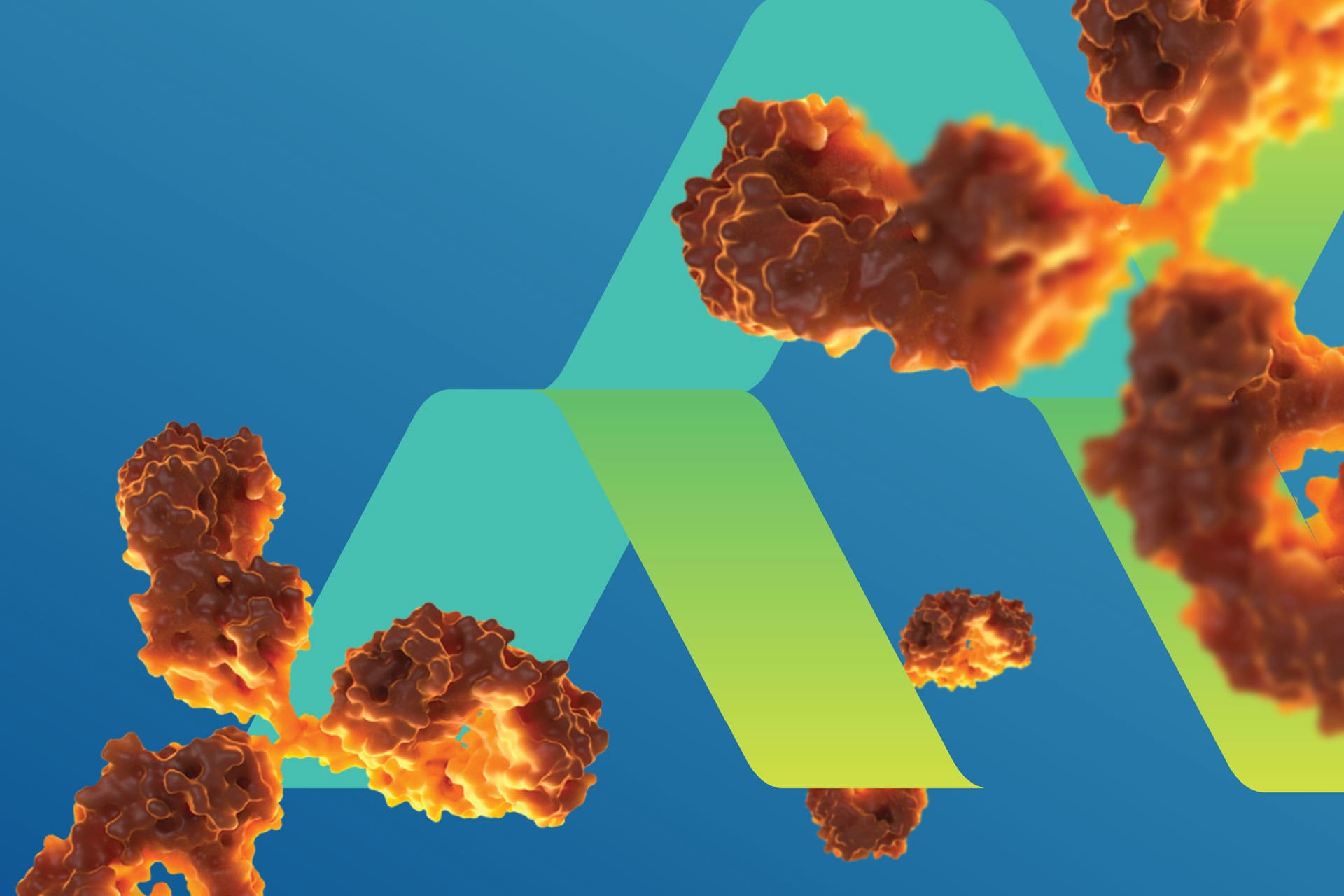Press Release
« Back
Celldex Therapeutics Announces Publication of Preliminary Data from the Phase 2 ReACT Study to be Presented at the 18th Annual Scientific Meeting of the Society for Neuro-Oncology (SNO)
Nov 11, 2013
ReACT is a Phase 2 study designed to determine if adding rindopepimut to standard of care Avastin® (bevacizumab) improves the outcomes for patients with recurrent EGFRvIII-positive glioblastoma. In August, 2013, Celldex announced that enrollment had been completed in an initial cohort (n=25) of Avastin refractory patients and that, based on early evidence of anti-tumor activity, the Company decided to add an expansion cohort of approximately 75 patients (Group 2C) to better characterize the potential activity of rindopepimut in this refractory patient population. As amended, the ReACT study is actively enrolling approximately 170 patients across three groups:
-
Group 1 - Avastin naive, n= apx. 70, enrollment ongoing—patients randomized to receive either rindopepimut or KLH (administered as a control), each along with Avastin
-
Group 2 - Avastin refractory, n= apx. 25, enrollment completed—patients receive rindopepimut plus Avastin in a single treatment arm
- Group 2C (C = Confirmatory) - Avastin refractory expansion, n = apx. 75, enrollment initiated—patients receive rindopepimut plus Avastin in a single treatment arm
Study endpoints include 6 month progression free survival rate, objective response rate, overall survival and safety and tolerability.
Avastin is a registered trademark of
About Rindopepimut
Rindopepimut is an investigational immunotherapy that targets the tumor specific oncogene EGFRvIII (v3), a functional and permanently activated variant of the epidermal growth factor receptor (EGFR), a protein that has been well validated as a target for cancer therapy. Expression of EGFRvIII correlates with increased tumorigenicity in mouse models and poor long term survival in clinical studies of patients with glioblastoma (GBM). In addition, EGFRvIII-positive cells are believed to stimulate proliferation of non-EGFRvIII cells through IL-6 cell-to-cell signaling and to release microvesicles containing EGFRvIII, which can merge with neighboring cells, transferring tumor-promoting activity. EGFRvIII expression may also be associated with tumor stem cells that have been identified in GBM. These stem cells contribute to resistance to cytotoxic therapy and tumor recurrence. EGFRvIII is expressed in tumors in about 30% of patients with GBM. It has not been detected at a significant level in normal tissues; therefore, targeting of this tumor-specific molecule is not likely to impact healthy tissues.
Three Phase 2 trials of rindopepimut—ACTIVATE, ACT II, and ACT III—have been completed in newly diagnosed EGFRvIII-positive GBM and have shown consistent improvements in both overall survival and median progression-free survival. The most common adverse events for rindopepimut include injection site reactions, fatigue, rash, nausea and pruritus. Rindopepimut is currently being studied in two clinical trials in EGFRvIII-positive GBM—an international Phase 3 study called ACT IV in newly diagnosed GBM and a Phase 2 study called ReACT in recurrent GBM.
About
Celldex is developing targeted therapeutics to address devastating diseases for which available treatments are inadequate. Our pipeline is built from a proprietary portfolio of antibodies and immunomodulators used alone and in strategic combinations to create novel, disease-specific therapies that induce, enhance or suppress the body's immune response. Visit www.celldex.com.
Safe Harbor Statement Under the Private Securities Litigation Reform Act of 1995: This release contains "forward-looking statements" made pursuant to the safe harbor provisions of the Private Securities Litigation Reform Act of 1995, including those related to the Company's strategic focus and the future development and commercialization (by Celldex and others) of rindopepimut (CDX-110), Glembatumumab vedotin ("glemba"; CDX-011), CDX-1135, CDX-1401, CDX-1127, CDX-301, Belinostat and other products. Forward-looking statements reflect management's current knowledge, assumptions, judgment and expectations regarding future performance or events. Although management believes that the expectations reflected in such statements are reasonable, they give no assurance that such expectations will prove to be correct and you should be aware that actual results could differ materially from those contained in the forward-looking statements. Forward-looking statements are subject to a number of risks and uncertainties, including, but not limited to, our ability to successfully complete research and further development and commercialization of rindopepimut, glemba and other drug candidates, our ability to obtain additional capital to meet our long-term liquidity needs on acceptable terms, or at all, including the additional capital which will be necessary to complete the clinical trials that we have initiated or plan to initiate; our ability to adapt our APC Targeting TechnologyTM to develop new, safe and effective vaccines against oncology and infectious disease indications; our ability to successfully complete product research and further development of our programs; the uncertainties inherent in clinical testing; our limited experience in bringing programs through Phase 3 clinical trials; our ability to manage research and development efforts for multiple products at varying stages of development; the timing, cost and uncertainty of obtaining regulatory approvals; the failure of the market for the Company's programs to continue to develop; our ability to protect the Company's intellectual property; the loss of any executive officers or key personnel or consultants; competition; changes in the regulatory landscape or the imposition of regulations that affect the Company's products; and other factors listed under "Risk Factors" in our annual report on Form 10-K.
All forward-looking statements are expressly qualified in their entirety by this cautionary notice. You are cautioned not to place undue reliance on any forward-looking statements, which speak only as of the date of this release. We have no obligation, and expressly disclaim any obligation, to update, revise or correct any of the forward-looking statements, whether as a result of new information, future events or otherwise.
CONTACT:Source:Sarah Cavanaugh Vice President of Investor Relations& Corp Communications Celldex Therapeutics, Inc. (781) 433-3161 scavanaugh@celldex.com
News Provided by Acquire Media
